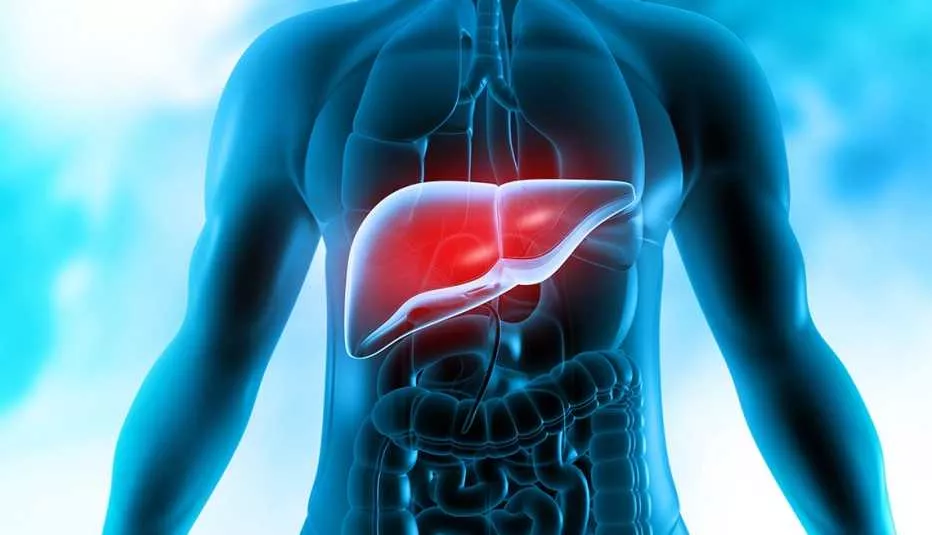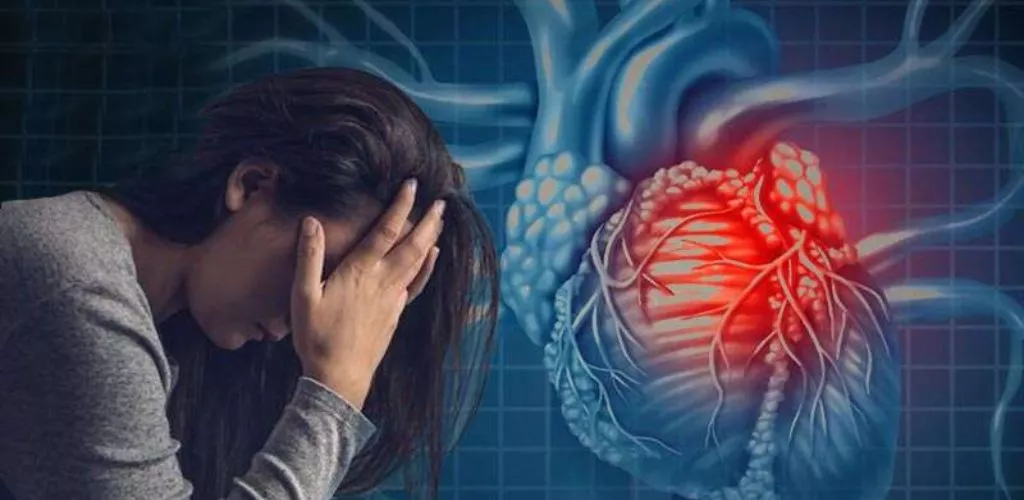Understanding the nuances of liver health is crucial, especially when discussing liver damage vs. liver disease. The liver is a vital organ that performs numerous functions, including detoxification, protein synthesis, and the production of biochemicals necessary for digestion. When the liver is compromised, it can lead to various health issues that significantly impact overall well-being.
Defining Liver Damage and Liver Disease
Liver damage refers to the injury inflicted on liver cells due to various factors such as toxins, alcohol consumption, or viral infections. This damage may be temporary or permanent, depending on the severity and duration of exposure to harmful substances. In contrast, liver disease encompasses a broader spectrum of conditions that affect liver function over time. It includes chronic diseases like
- Hepatitis
- Cirrhosis
- Fatty liver disease
Symptoms and Diagnosis
Identifying symptoms is essential in differentiating between liver damage vs. liver disease. Common symptoms of liver damage include jaundice (yellowing of the skin and eyes), fatigue, nausea, and abdominal pain. These symptoms can indicate acute liver injury. On the other hand, liver disease may present with more chronic symptoms such as
- Persistent Fatigue
- Easy Bruising
- Swelling in the legs or abdomen (ascites)
- Confusion due to hepatic encephalopathy
Diagnosis typically involves blood tests to assess liver function and imaging studies like ultrasounds or MRIs. In cases of severe concern, a biopsy may be necessary to determine the extent of liver damage vs. liver disease.
Causes of Liver Damage
The causes of liver damage can vary widely. Common culprits include
- Excessive alcohol consumption
- Drug overdoses (notably acetaminophen)
- Viral infections (such as hepatitis)
- Autoimmune diseases
Lifestyle choices play a significant role in liver health; maintaining a balanced diet and avoiding harmful substances can prevent liver damage.
In contrast, liver disease often develops from chronic conditions such as obesity and diabetes. Non-alcoholic fatty liver disease (NAFLD) has become increasingly prevalent due to rising obesity rates globally. Understanding these risk factors is vital for prevention and early intervention.
Treatment Options
When it comes to treatment, addressing liver damage vs. liver disease requires different approaches. For acute liver damage, immediate medical attention is critical. Treatment may involve hospitalization for monitoring and supportive care, including fluids and medications to manage symptoms. In severe cases, a liver transplant may be necessary.
For chronic liver disease, management focuses on lifestyle changes and monitoring progression.
This includes dietary modifications, regular exercise, and medication to manage underlying conditions like diabetes or hypertension. Regular check-ups at a specialized liver hospital in India can ensure that any progression of the disease is caught early.
The Role of a Liver Hospital in India
Seeking treatment at a specialized liver hospital in India can significantly enhance patient outcomes. These hospitals offer advanced diagnostic tools and treatments tailored specifically for liver conditions. They employ teams of hepatologists who specialize in diagnosing and managing various forms of liver disease and liver damage.
Patients benefit from comprehensive care plans that encompass everything from initial diagnosis to potential surgical interventions like transplants if needed. The expertise available at these facilities ensures that patients receive the best possible care tailored to their specific needs.
Lifestyle Changes for Prevention
Preventing liver damage vs. liver disease often comes down to making healthy lifestyle choices. Regular exercise, a balanced diet rich in fruits and vegetables, maintaining a healthy weight, avoiding excessive alcohol consumption, and staying hydrated are all essential steps in promoting liver health.
Additionally, individuals should be aware of their risk factors for developing chronic conditions that can lead to liver disease, such as diabetes or high cholesterol levels. Regular screenings at a liver hospital in India can help monitor liver function and catch any issues early.
Conclusion
Understanding the differences between liver damage vs. liver disease is crucial for effective management and prevention strategies. While both conditions affect the liver's ability to function properly, their causes, symptoms, diagnosis methods, and treatment options differ significantly.
By prioritizing liver health through lifestyle choices and seeking care at specialized facilities like a liver hospital in India, individuals can protect their livers from damage and reduce their risk of developing chronic diseases that could lead to serious complications down the line.





